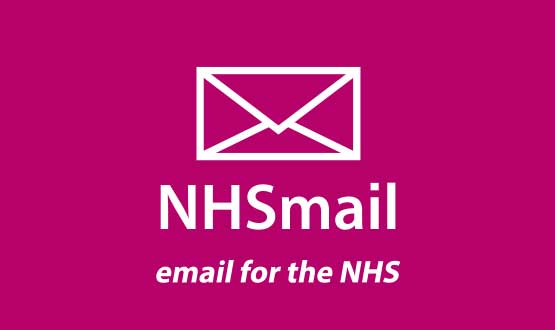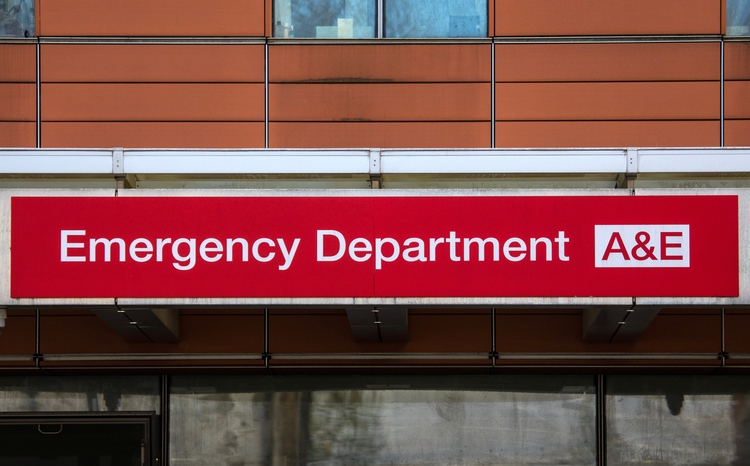NHSmail 2 faces delay
- 7 December 2015

The new secure email and messaging service for the NHS has been delayed by around five months due to issues with data centres.
NHSmail 2 is now expected to be delivered by July 2016, according to board papers published by the Health and Social Care Information, which is leading on the transition from the current NHS Mail service. The original delivery date posted by the HSCIC was September 2015 to February 2016.
The HSCIC board papers put the delay down to “issues preventing network provision between data centres”, adding that current NHS mail provider Vodafone is late on its estimated delivery date.
A spokesperson from the HSCIC told Digital Health News explained that the organisation expects the transition of 750,000 accounts to the new service to be completed by 30 June 2016. Exit tasks such as disposal of hardware are to be completed by 31 July 2016.
"It has taken longer than anticipated to complete what is known as the discovery phase between suppliers and for all relevant contracts for connectivity to be completed," said the spokesperson.
Vodafone is the current provider of the NHS Mail service after taking over Cable and Wireless, which has been the supplier for NHSmail since its launch in 2002, initially using the Mirapoint platform but moving onto Microsoft Exchange 2007 in 2009.
In June this year the Department of Health announced that consultancy firm Accenture was the winner of the £60 million contract to provide the new NHSmail service, which covers NHS organisations in Scotland and England, beating competition from BT.
The transition to the new service, which includes migrating 750,000 mail accounts, was supposed to take place over the next few months, but the delay means this won’t happen until June and July next year after pilots in February and March.
As part of the move, Accenture has committed to providing several new features, including 4GB mailboxes as standard for all users; an instant messaging service; Skype audio and video calling; and the use of SharePoint for secure file storage.
The original NHSmail was launched in 2002 as a national directory service and an email address for life for NHS staff. It was one of the first, national services to be delivered after the launch of the National Programme for IT in the NHS.
With the end of the national contract, NHS users now have the option to go with Accenture’s service or to use their own email system, provided it is accredited to the ISB1596 standard, which is intended to make sure an email service adheres to information governance policies and is secure. Any email system used by an NHS organisation must also connect to NHSmail.
In July this year Microsoft 365 became the first non-NHS email service to meet the ISB1596, giving NHS organisations an alternative to NHSmail 2.
At the time, Microsoft’s UK director of health and life sciences Suzy Foster told Digital Health News she expected a “peaceful co-existence” between NHS organisations that choose to use Office 365 and those on NHSmail2.





